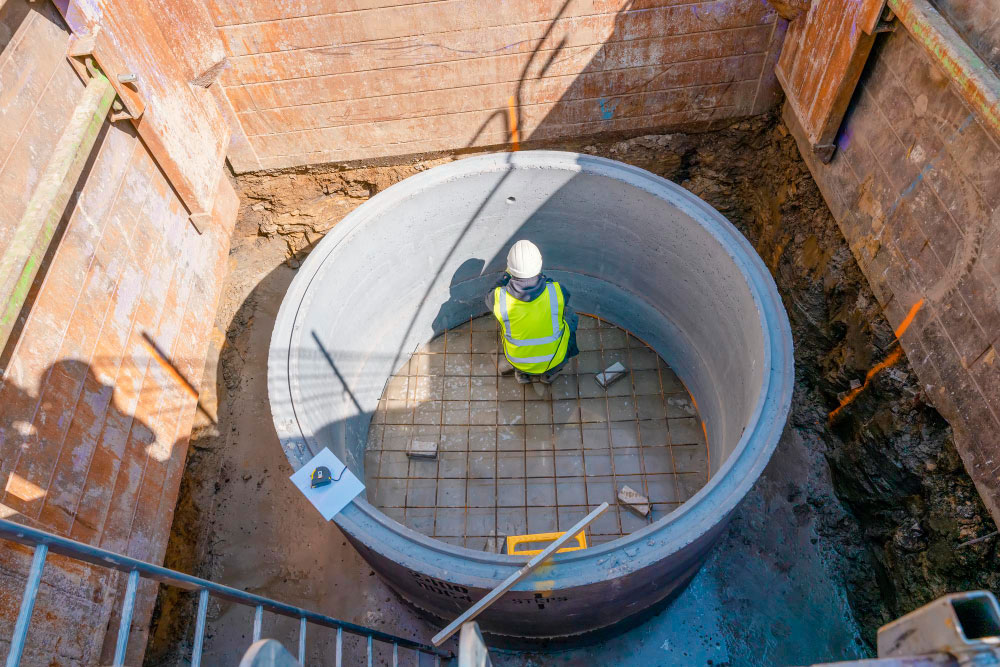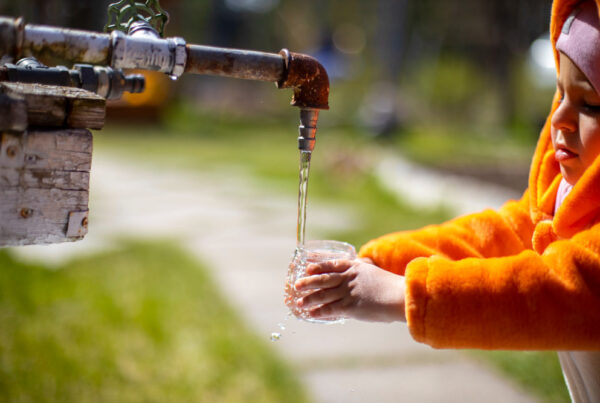In many parts of the world, access to clean and safe drinking water is a luxury rather than a basic necessity. However, water is essential for life, and ensuring its availability is crucial for the health and well-being of communities. One of the most effective ways to secure a sustainable source of freshwater is through the construction of water wells.
Water wells play a vital role in providing access to clean and safe drinking water for communities worldwide. Whether in rural villages, arid regions, or urban areas, water wells serve as lifelines, offering a reliable source of freshwater for drinking, cooking, sanitation, and agricultural purposes.
The significance of water wells cannot be overstated, particularly in regions where surface water sources such as rivers and lakes may be contaminated or insufficient to meet the needs of growing populations. By tapping into groundwater reservoirs, water wells provide a decentralized and self-sustaining solution to water scarcity, reducing dependence on centralized water supply systems and mitigating the risk of waterborne diseases.
One of the primary benefits of water wells is their ability to access groundwater, which is naturally filtered through layers of soil and rock, resulting in high-quality water free from many contaminants found in surface water sources. This natural filtration process helps ensure that the water extracted from wells is safe for consumption, significantly reducing the risk of waterborne illnesses such as cholera, typhoid fever, and dysentery.
Moreover, water wells offer resilience in the face of natural disasters and climate change, providing a reliable source of freshwater even during droughts, floods, or other emergencies when surface water sources may become compromised or inaccessible. In such situations, communities with access to water wells are better equipped to withstand and recover from the impacts of environmental hazards.
Beyond meeting basic human needs, water wells also play a crucial role in supporting agriculture and economic development in rural areas. Access to irrigation water from wells enables farmers to cultivate crops year-round, increasing food security and livelihood opportunities. Additionally, reliable access to clean water enhances hygiene and sanitation practices, reducing the prevalence of water-related diseases and improving overall public health.
However, despite their importance, millions of people around the world still lack access to clean and safe drinking water due to various factors, including poverty, infrastructure limitations, and environmental degradation. Addressing this global challenge requires concerted efforts from governments, non-profit organizations, and the private sector to invest in water infrastructure, promote sustainable water management practices, and empower communities to maintain and manage their water resources effectively.
In conclusion, water wells are indispensable assets in the quest for universal access to clean and safe drinking water. By harnessing groundwater resources, water wells provide a sustainable solution to water scarcity, improving health outcomes, enhancing resilience to environmental challenges, and fostering socio-economic development in communities worldwide. As we strive to achieve the United Nations Sustainable Development Goal of ensuring access to clean water and sanitation for all, investing in the construction and maintenance of water wells remains paramount in creating a healthier, more equitable, and sustainable future for generations to come.






